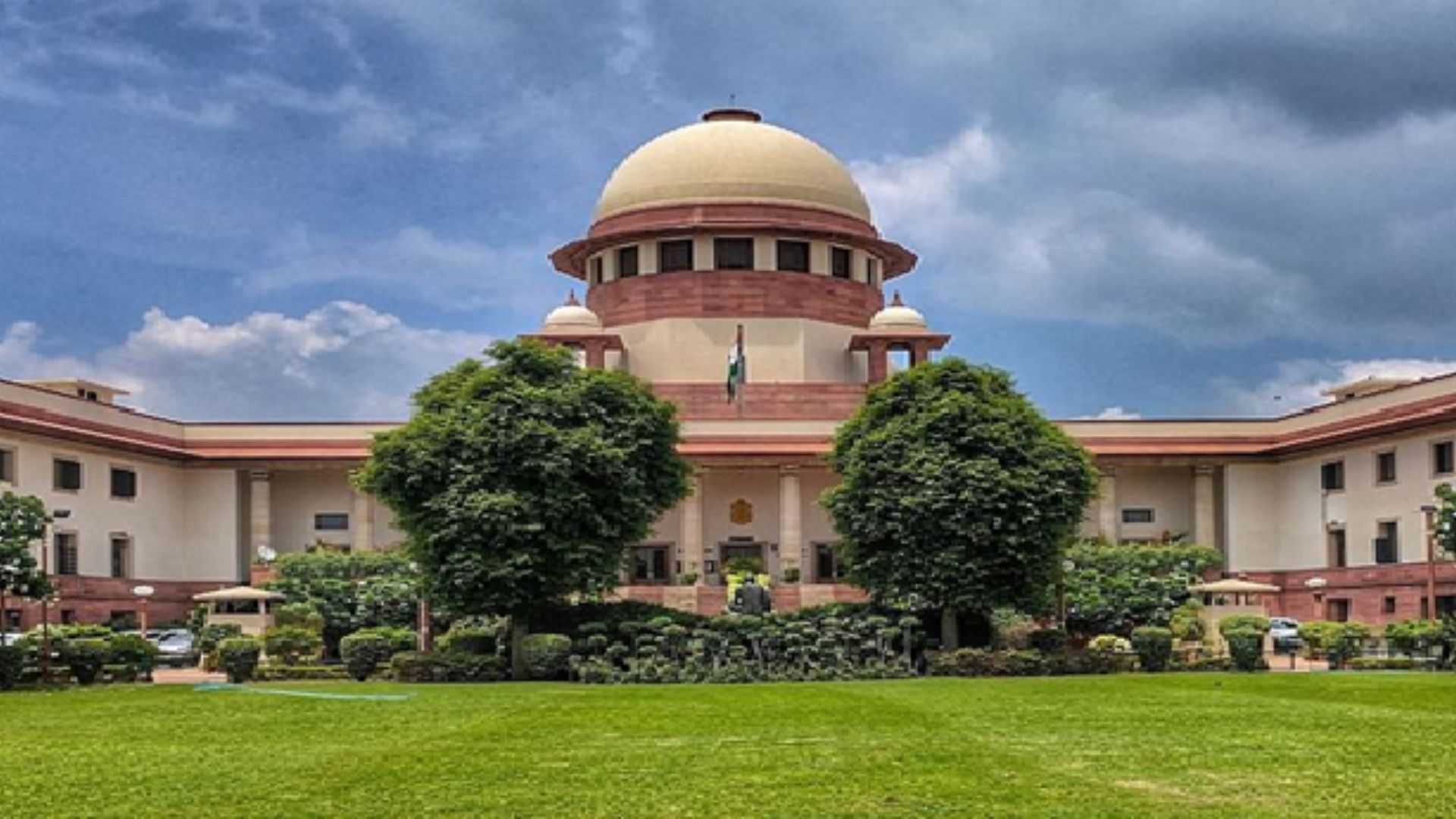
In a significant ruling, the Supreme Court has stated that the Enforcement Directorate (ED) is not authorized to arrest accused individuals under the provisions of the Prevention of Money Laundering Act (PMLA) once a special court has taken cognisance of the complaint. This ruling clarifies the procedural limitations on ED’s powers post-cognisance by a special court.
Additionally, the apex court outlined that if the ED deems custody necessary for interrogation, it must file an application before the concerned court. Subsequently, the court can grant custody only after thoroughly assessing the reasons presented by the probe agency, ensuring that custodial interrogation is indeed warranted.
This decision sets a legal precedent regarding the protocol for arrests and custodial matters under the PMLA, emphasizing the judiciary’s role in overseeing investigative processes.